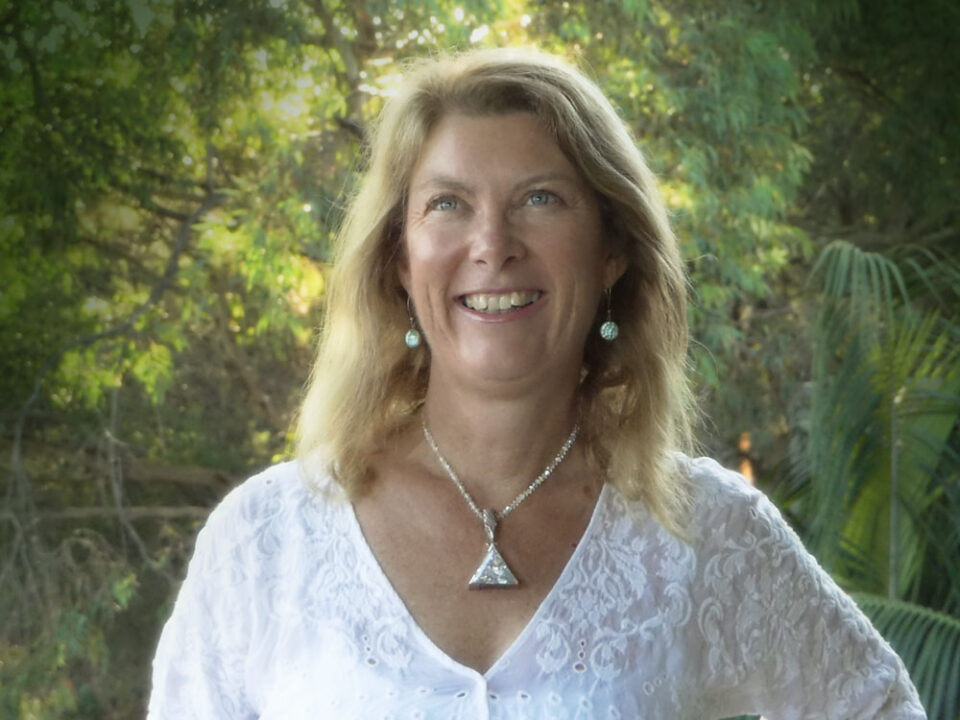Military wages war on PTSD – BBC

Vibrational Massage Sound Therapy – Shining Bright Magazine
16 September 2010This an interesting BBC news article reporting that the US Military is using Holistic therapies, including sound therapy to assist soldiers who have returned from war zones and have Post Traumatic Stress Disorder.
They have around 1300 program utilising Holistic Therapies helping these soldiers recover from these emotional & mental traumas, thereby validating these gentle drug-free processes.
After long campaigns in Iraq and Afghanistan, many US soldiers are suffering from post-traumatic stress disorder, prompting the US military to develop ways to help them, the BBC’s Paul Adams in Washington reports.
Twelve soldiers sit on the floor, with eyes closed, focussing on their sacral chakra. They chant in unison.
An audience listens attentively to the words of a Greek tragedy, written 2,500 years ago.
And a young man, mentally scarred, trains a dog to open doors for an injured colleague.
These are surprising scenes from the US military’s 21st Century war on post-traumatic stress disorder (PTSD).
“We’re looking at skyrocketing suicide rates, and we recently hit the 30-year high ”
Tim Embree, Iraq and Afghanistan Veterans of America
It’s been more than eight years since the US went to war in Afghanistan, and more than seven since it invaded Iraq.
In that time, almost two million American men and women have been sent to one or other battlefield. Many have been sent to both.
It’s hard to know precisely how many have already suffered PTSD, or will do as a result of their traumatic experiences, but experts believe the number is high.
Family distress
Dr Charles Engel, director of the Pentagon’s Deployment Health Clinical Center based at the Walter Reed military hospital in Washington, extrapolates on the basis of past experience.
“What we usually think of in terms of PTSD are numbers of the order of 10-15% of people who’ve been deployed to theatre being affected,” he says.
That would be 200,000-300,000 people.
“I think it’s safe to say we haven’t grappled with it since Vietnam,” says Dr Engel.
Recent surveys have all shown that PTSD is taking its toll on military men and women and their families, with symptoms including depression, substance abuse, domestic violence.
“We’re looking at skyrocketing suicide rates,” says Tim Embree, of the campaigning group, Iraq and Afghanistan Veterans of America, “and we recently hit the 30-year high.”
Ancient experiences
Faced with the sort of challenge it hasn’t encountered for a couple of generations, the military is responding. Reaching out through ad campaigns, shifting the emphasis in training and exploring dozens of methods of treatment, some well established, others more experimental.
A Medic’s Story
“Eventually no matter who you are, war will affect you. War will change your soul ”
William B Allen Medic
At Walter Reed, a soldier, who prefers not to give his name, tells how training a dog to open doors and flick switches for physically impaired servicemen is helping him to deal with his own PTSD.
“Emotionally, it helps me out tremendously,” he says, “so I don’t feel isolated in a room.”
And when a group of actors shows up at Walter Reed to perform a programme called Theatre of War, reciting harrowing scenes from two Sophocles plays, Ajax and Philoctetes, which deal with the mental and physical scars of war, the response among patients and military physicians alike is astonishing.
“One of the things that really struck me was how Tecmessa pleaded with Ajax, and Ajax’s mind was already made,” says Maj Jeff Hall, who came close to committing suicide after he returned from Iraq.
“That was me. That was us.”
After presenting his performances to military audiences across the country for a couple of years, translator and director Bryan Doerries says the therapeutic value of using these plays, written by a general, is obvious.
“It is the ancient description of what we now call PTSD,” he says. “What we see time and time again is audiences… all of a sudden seeing themselves as not alone, and then opening up in ways I don’t think would happen otherwise.”
‘Spiritual fitness’
Across the country, individual bases are conducting their own programmes.
At the largest of all, Fort Hood, in Texas, 12 soldiers graduate every three weeks from the Warrior Combat Stress Reset Programme, part of an approach which includes meditation, acupuncture, reiki and sound therapy.
With a Resiliency Campus that features a Spiritual Fitness Centre and a reflective pond, it all sounds rather New Age, but the men and women who run it – and the soldiers who come looking for help – are sure that it is making a difference.
“This is not a soft programme,” says clinical psychologist Dr Jerry Wesch. “People come here and do really deep, hard work.”
“After three weeks here, I learned tools,” says Irwing Aguilera, a combat medic with two years experience in Iraq.
“I can one day be how I used to be before I experienced chaos and death.”
With the help of the Rand Corporation, the Pentagon is now looking at about 1,300 programmes being offered at bases to see what works and what should be made more widely available.
The one thing that soldiers who have experienced the treatments say over and over again is that they help, but it’s not enough.
The army’s Assistant Surgeon General, Brig Gen Richard Thomas, agrees.
“We are doing better. We are not winning yet,” he says.
“I think it’s going to take us three to five years to really change the culture with respect to these injuries. We’re in this war for a long time.”
Story from BBC NEWS:
http://news.bbc.co.uk/go/pr/fr/-/2/hi/americas/8634277.stm
Published: 2010/04/21 10:42:46 GMT
© BBC MMX



